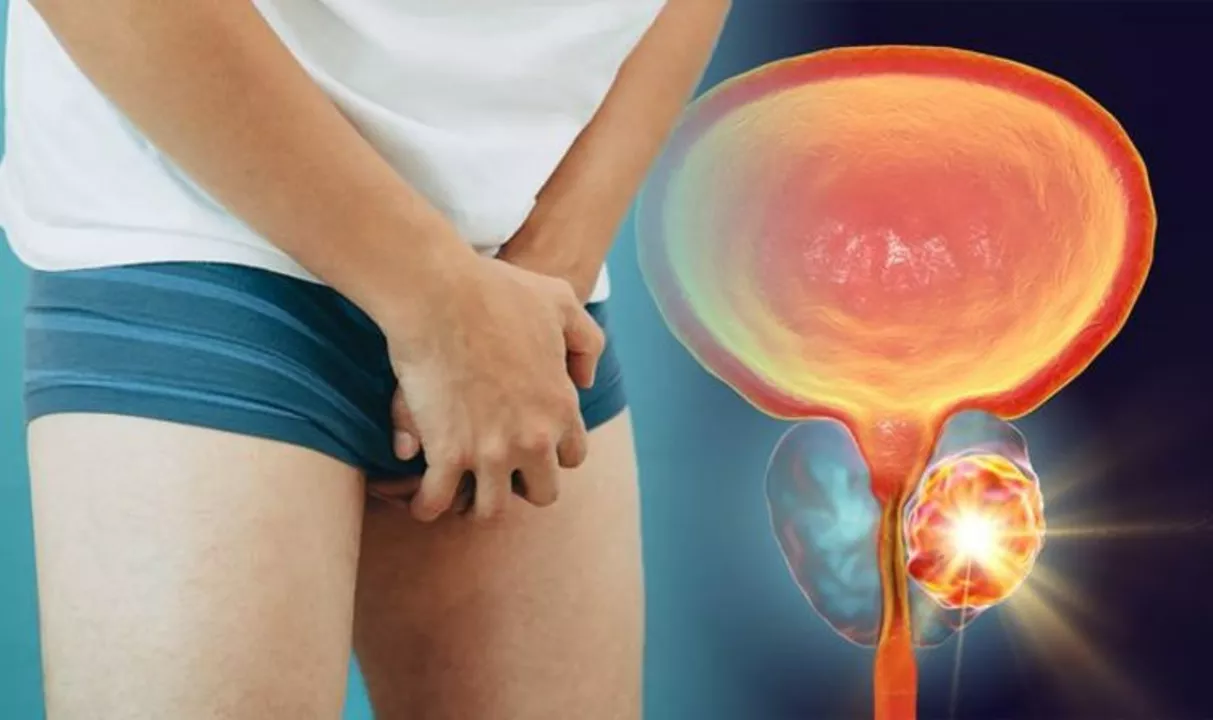Waking once or twice some nights happens to everyone. But if you get up every night or it ruins your sleep, that’s nocturia. It drains energy, affects mood, and can hide health problems. Here’s a clear, practical guide to what causes it, easy fixes you can try tonight, and when you should get checked.
Nocturia usually comes from one of three issues: your body makes too much urine at night (nocturnal polyuria), your bladder can’t hold normal amounts, or sleep problems make you wake more often. Common reasons include drinking alcohol or caffeine late, certain medicines (diuretics), untreated sleep apnea, heart or kidney problems, and prostate issues in men. Diabetes and urinary tract infections can also trigger frequent night trips.
Age matters: older adults tend to produce less concentrated urine at night and have weaker bladder muscles. That doesn’t mean you have to accept it — many causes are treatable.
Try these practical steps first — they’re low-cost and often work: shift fluid intake so you drink less 2–3 hours before bed; cut alcohol and caffeine late in the day; use a small bedside bottle if mobility is an issue. If you take a daytime diuretic, ask your doctor about moving it to the mid-afternoon instead of morning or morning instead of evening, depending on what you take.
Bladder training and pelvic floor exercises help if your bladder is overactive or you leak. Keep a bladder diary for 3 days: note fluid intake, time of pees, and volume if possible. That diary is gold for your doctor.
Wearing compression stockings during the day can reduce leg swelling that returns to the bloodstream at night and becomes urine. For many people this simple change cuts down nighttime trips.
See a doctor if nocturia wakes you more than once per night, starts suddenly, or comes with blood in the urine, fever, weight loss, or severe pain. Your clinician will ask questions, review medicines, and likely order a urinalysis and blood tests (kidney function, glucose). They may ask for a bladder diary, measure urine left after peeing (postvoid residual), or order a prostate check for men.
Treatment depends on cause. Desmopressin reduces urine production at night but can cause low sodium, so it needs monitoring. Antimuscarinic or beta-3 agonist drugs help overactive bladders. Treating sleep apnea with CPAP often reduces nocturia. If a heart or kidney problem causes it, managing that condition usually helps too.
Don’t accept ruined nights as normal. Small fixes help many people, and tests can spot treatable issues. Start with a bladder diary and a few habit changes, and bring those notes to your doctor if problems persist.

As a blogger, I have recently explored the connection between an enlarged prostate and nocturia. It turns out that an enlarged prostate, or benign prostatic hyperplasia (BPH), can cause urinary symptoms like nocturia, which is the excessive need to urinate at night. This happens because BPH can obstruct the urethra, leading to incomplete bladder emptying and increased urine production. It's essential to address this issue as it can significantly affect sleep quality and overall well-being. If you or someone you know is experiencing nocturia, it's important to consult a healthcare professional to discuss possible treatment options.
